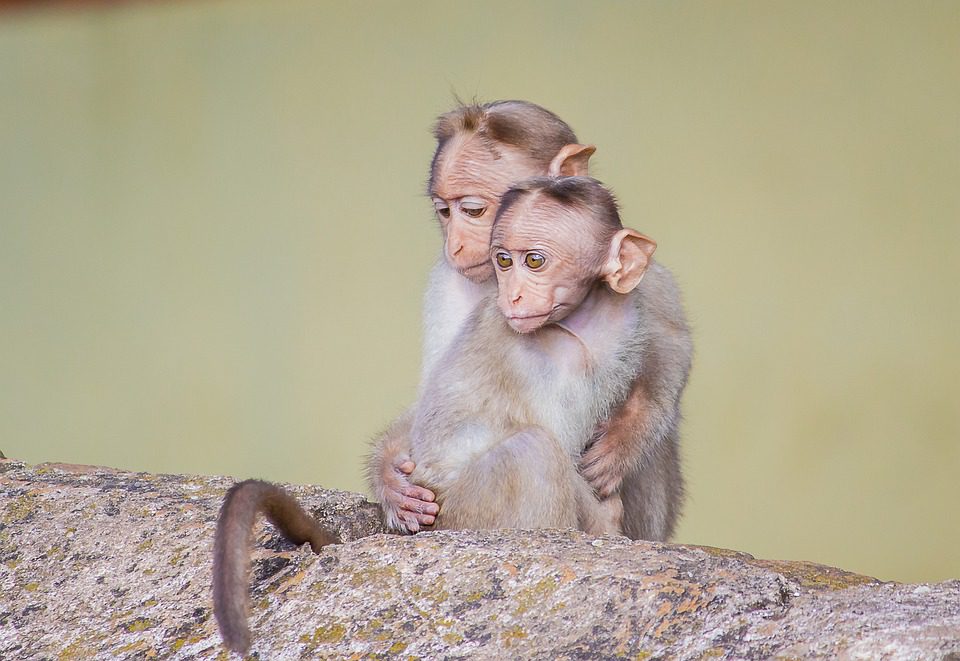Ecuador, in contrast to other governments that have struggled to preserve human rights, has gone forward and determined that wild animals have specific rights under the law, such as the right to live. The February 7-2 court decision was a historical formulation of the nation’s “rights of nature” legal protections and raised the legal standing of nonhumans.
The tragic story of Estrellita, a woolly monkey, led to the decision. Ana Beatriz Burbano Proao, a librarian, and her family welcomed Estrellita into their home when she was only 1 month old, where she spent the following 18 years. During this period, she became familiar with the family’s habits and learned how to interact with them through movements and noises.
Within the same month of being transported to a zoo, Estrellita died of an abrupt cardio-respiratory failure after being confiscated by local authorities. Estrellita’s death prompted Burbano to initiate a lawsuit to reclaim her, noting the grief she was presumably feeling as a result of her sudden separation from all she had ever known.
It was argued that Estrellita should have the liberty of bodily freedom and that the environmental jurisdiction should have shielded Estrellita’s legal protections by looking into her particular circumstances prior to actually putting her in the zoo, based on scholarly proof of the social and cognitive sophistication of woolly monkeys. This right should be better protected in the future by new laws advocated by the court.
The court found that both the government and Burbano had violated Estrellita’s rights by taking her from the wild without first considering her special requirements.
Predation is an example of a biological relationship between species that is relevant to these freedoms to “exist, develop, and flourish,” according to the court’s reasoning. In ecological relationships, they do not link animals with humans, but they do provide them the ability to be free.
The ruling in English can be found here.















Leave a Reply